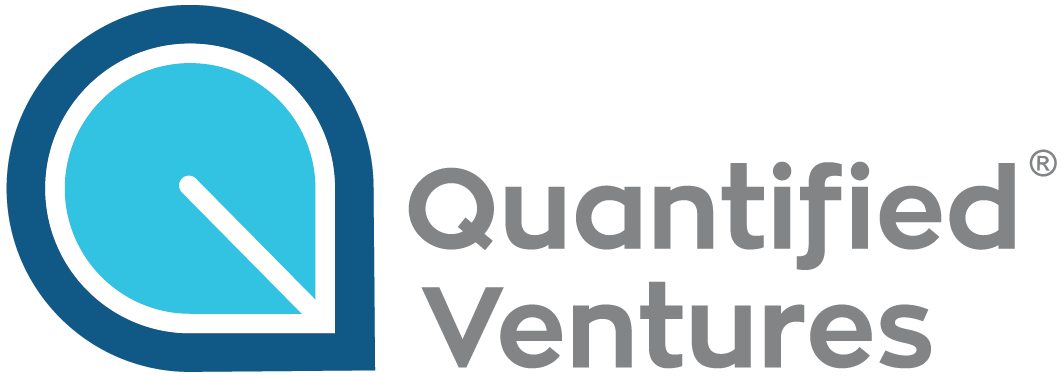Why We’re Excited about Blockchain for Impact Investing
Reducing transaction time and costs for environmental, health, and educational outcomes.
By Alison Rein and Eric Letsinger
First, there was the Internet — a foundational public network that galvanized a radical transformation in almost every sector of our economy, and created a whole slew of new ones. Now there is blockchain, a peer-to-peer network that sits on top of the Internet, and a potentially purer form of its predecessor that also promises to significantly disrupt the status quo by challenging the notion that intermediaries are needed to broker transactions, financial or otherwise.
Due to its secure, decentralized, and (almost) tamper-proof ledger, blockchain is already being applied in several industries, many of which are moving quickly to this space because they want to be the disruptor, not the disrupted. Or at least, both, like in the case of IBM, which is implementing blockchain in large retail stores to enhance supply chain management and more rapidly identify and remediate food safety issues. Another company, Thought Machine, is using cloud computing and blockchain technology to modernize banking infrastructure, working to make it faster, cheaper, and more flexible.
Why this great rush? Because it is widely acknowledged that, in a digital world and data-driven economy, the way we regulate, maintain, and execute administrative controls is onerous, expensive, and slow, and long overdue for a change. In other words, almost every sector in our economy — from financial services to real estate — sees the potential of blockchain to radically reduce transaction times and costs.
We see it too. In fact, Quantified Ventures has a lot in common with, and potentially a lot to gain from, the broader application of blockchain technology. Our mission is to accelerate and simplify financing for innovative and evidence-based environmental, health, and educational outcomes. As such, we are laser focused on reducing the transaction time and costs associated with linking capital to high-impact solutions. The extent to which blockchain technology can help to achieve this, and perhaps generate other benefits as well, is an area of interest and exploration for our team.
In healthcare, where the volume and variety of new data is growing exponentially, blockchain applications could significantly increase timely access to important and more accurate information (for care delivery, for public health, for research, etc.) while preserving organizational and individual privacy and security. A collaborative team from Harvard Pilgrim and MIT Media Lab is testing the use of blockchain to address the persistent problem of reconciling medications. Aptly named “MedRec”, the pilot application aims to generate a complete and accurate picture of all medications — prescription and otherwise — taken by a patient, regardless of where they get their care or what electronic health record system is used by their provider.
Similarly, blockchain can be applied in environmental protection efforts. A recycling program on the blockchain could encourage participation by offering a cryptographic token in exchange for depositing recyclables. A project called Social Plastic is doing just that: they are working on a blockchain-powered app that invites people to exchange used plastic for cryptocurrency.
Though still very early in the adoption curve for this new technology, it’s clear to us that blockchain holds tremendous opportunities for advancing our mission, and broader social good. We’d welcome your thoughts and ideas for ways to accelerate this process.

